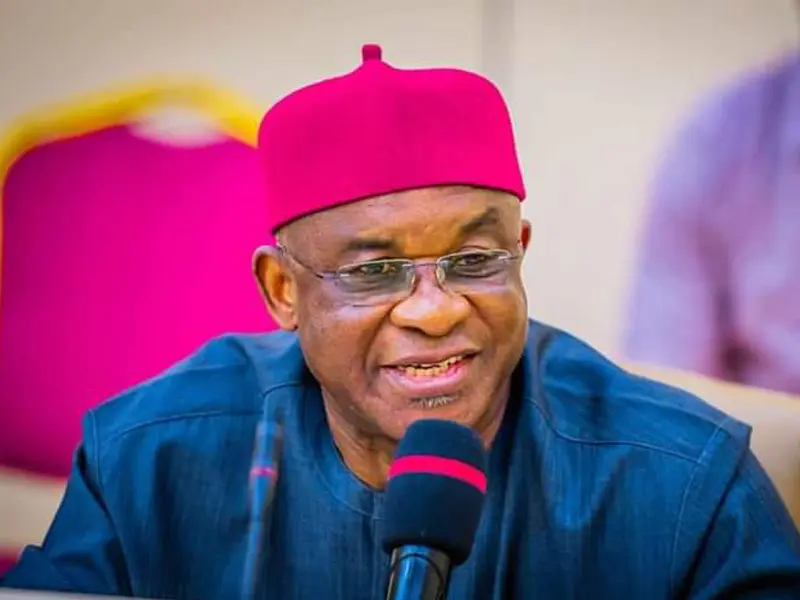The interim leader of Nigeria’s African Democratic Congress (ADC) has vowed to prioritize fair governance and internal reforms to strengthen the party’s credibility. Speaking at a key National Executive Committee (NEC) meeting in Abuja on Tuesday, interim National Chairman David Mark pledged to eradicate the imposition of candidates and build a transparent internal structure, signaling a shift toward grassroots inclusion.
“Under my leadership, ADC will embrace full democratic principles and reject practices like favoritism or forced appointments,” Mark declared, emphasizing commitments to accountability and equity. The remarks appeared to address critiques from Salihu Lukman, a former senior member of Nigeria’s ruling All Progressives Congress (APC), who earlier that day cautioned against the rise of political “godfatherism”—a term describing patronage systems where powerful figures control party decisions—within the ADC. Lukman’s statement, titled ‘ADC and the Prospect of Internal Democracy,’ urged the party’s interim leadership to avoid repeating patterns of undemocratic candidate selection seen in other Nigerian parties.
In a direct response, Mark underscored plans to foster fairness and discipline. “We will ensure justice for all members and maintain total transparency. There will be zero tolerance for actions undermining party unity,” he affirmed, stressing the ADC’s goal to position itself as a credible alternative in Nigeria’s political landscape. His emphasis on grassroots engagement and merit-based processes reflects broader efforts to distance the party from Nigeria’s history of opaque political maneuvering.
While the ADC is not a major contender nationally, its reforms could test broader demands for democratic accountability within African political parties. Mark’s pledge arrives as Nigeria navigates voter apathy and public skepticism toward institutions, fueled by concerns over electoral fairness. Observers note that transparent candidate selection and reduced elite interference may appeal to younger voters seeking alternatives to established parties.
The ADC, founded in 2005, has struggled to gain significant traction in elections but positions itself as a centrist party advocating social justice and economic reform. Analysts suggest Mark’s leadership could determine whether it emerges as a viable platform or remains overshadowed by dominant parties like the APC and opposition Peoples Democratic Party (PDP). As Nigeria edges closer to its next electoral cycle, the ADC’s ability to institutionalize its proposed reforms—and avoid internal strife—will likely shape its relevance in a competitive political field.
